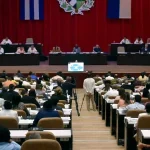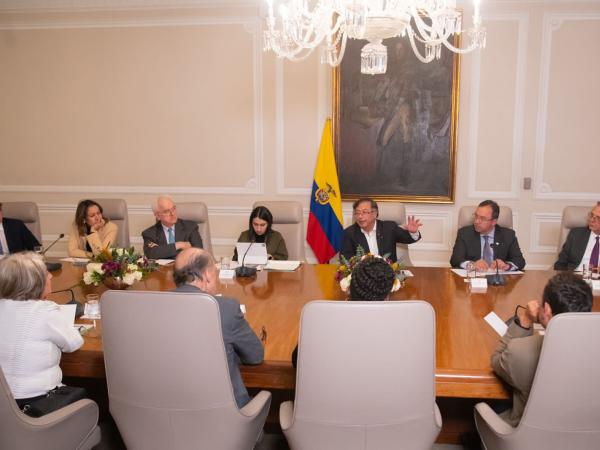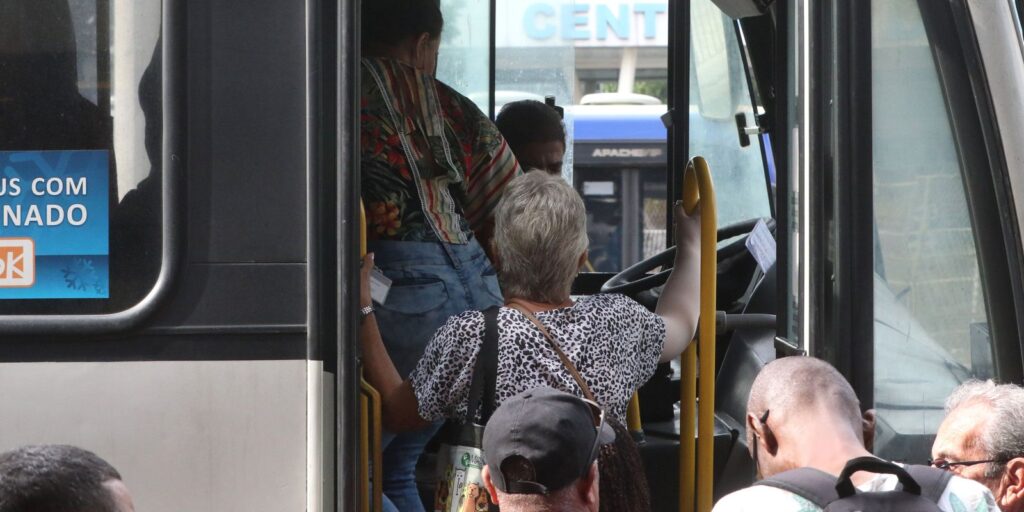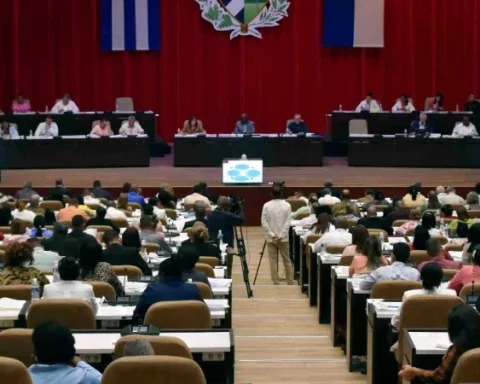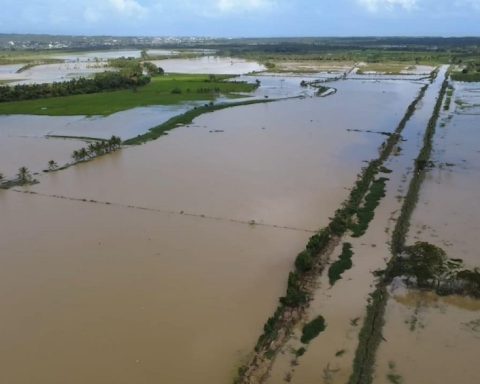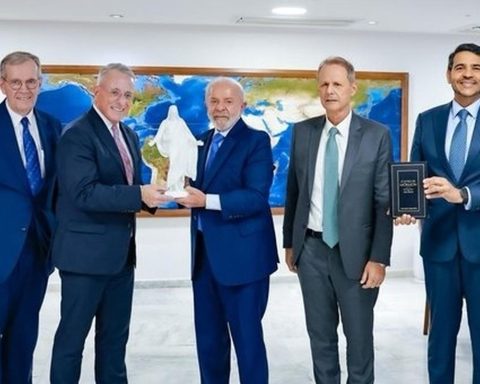Less than a month before the exit plebiscite on September 4, where it will be defined whether or not the new Constitution is approved, the debates continue for reforms to the Magna Carta prior to the elections.
In that sense and as consecrated Third, a group of 24 lawyers in favor of the Approval presented a nine-page document with proposals that serve as “inputs” for different authorities in the event that a “transversal political agreement is evaluated that commits, prior to the plebiscite, adaptations to the constitutional proposal. In fact, they extended the text to some of the presidents of the parties of Democratic Socialism.
Among the signatories of the letter are Javier Couso, Luis Cordero, Salvador Millaleo, Elisa Walker, Leslie Sánchez, Constanza Salgado, Carolina Tohá, Tomás Jordán, Domingo Lovera, Flavio Quezada, Claudia Heiss, among others.
Specifically, there are four matters to be reformed that are proposed by different lawyers and academics: political system, indigenous consent and legal pluralism, State of Emergency and justice system.
Regarding the political system, the lawyers propose eliminating the immediate re-election of the President of the Republic, since “the President still has a large number of attributions and powers, it would only encourage personalism and, in addition, there could be the risk that the resources public are more used in order to achieve an eventual re-election”.
Likewise, they recommend modifying the necessary presidential concurrence rules, such as those that involve expenses directly from the State, be maintained, as an exclusive initiative of the President. They warn that if it is not changed, it could put “the President in a situation of difficult resolution in the face of a popular project, but harmful to the fiscal coffers or the implementation of his government program.”
Regarding article 191, corresponding to participation in the territorial entities of the regional State, the lawyers advise that the subsection that refers to indigenous consent should be replaced by one that indicates that “in the case of indigenous peoples and nations, they must be consulted in those matters or matters that affect them, in accordance with the provisions of article 66”. Thus we speak of “consultation” and not “consent”.
On the other hand, it is recommended to include two new subsections in article 309 (indigenous peoples’ justice systems).
The first of them establishes that “indigenous jurisdiction may only hear conflicts between people who belong to the same original people and within the scope of their community relations.” The second, that “the law will define the matters over which indigenous jurisdiction may not be exercised, which, in any case, will never proceed in the case of crimes or offenses of greater social connotation.”
The State of Emergency is also addressed in the letter, where there is talk of a “surgical incorporation” of it, since, according to what they maintain, the article proposed by them “follows the classification structure of the States of Exception of the proposal for a new Constitution and, in particular, of the State of Catastrophe, since they are the two states of least intensity both in the affectation of the protected legal right and in the suspension or restriction of fundamental rights”.
Regarding article 300, the lawyers propose incorporating the hypotheses of the State of Emergency “as an intermediate constitutional State of Exception within the constitutional design.”
They also propose adding another subparagraph to article 303, which states that “the Armed Forces may not carry out public security tasks outside the situations regulated in articles 301, 302 and 302 bis of this Constitution. However, the legal precepts that determine these powers over maritime control and air navigation control”.
In addition, they suggest the creation of a new paragraph within article 306, which states that “States of constitutional exception may not be renewed more than four successive times, but by the approval, in a joint session, of 3/5 of the members in office of the Congress of Deputies and of the Chamber of the Regions”.
Regarding the powers of the Council of Justice, they propose that the expression “comprehensive review” of all the courts be replaced by “review of the administrative management” of the same.
Likewise, it is added to raise from eight to nine the titular judges elected by their peers and reduce from five to four the people elected in charge of the Senior Public Management.
“The purpose of the proposal is to reduce the risks of political influence in the functioning of the Council of Justice,” they sentenced.








